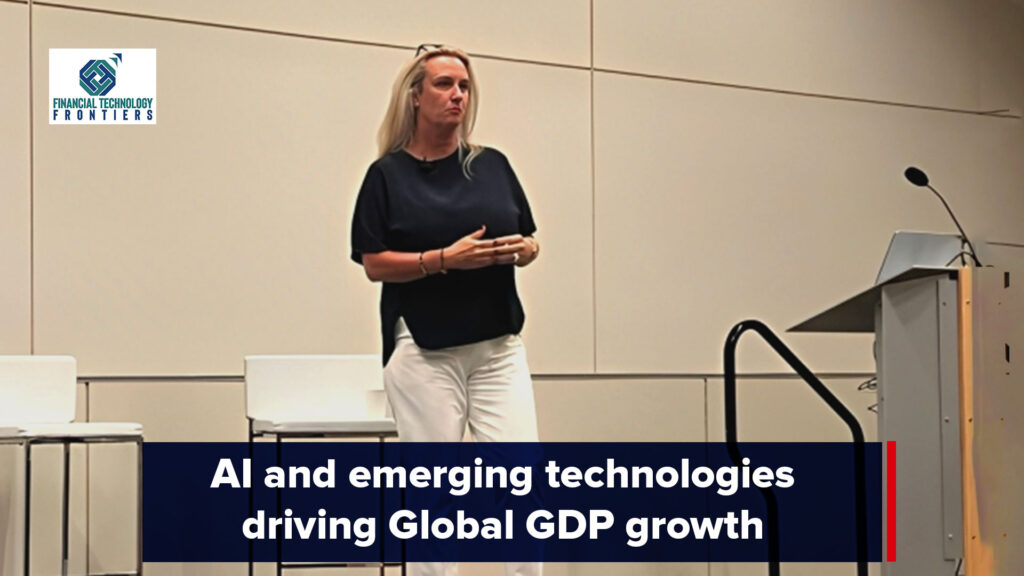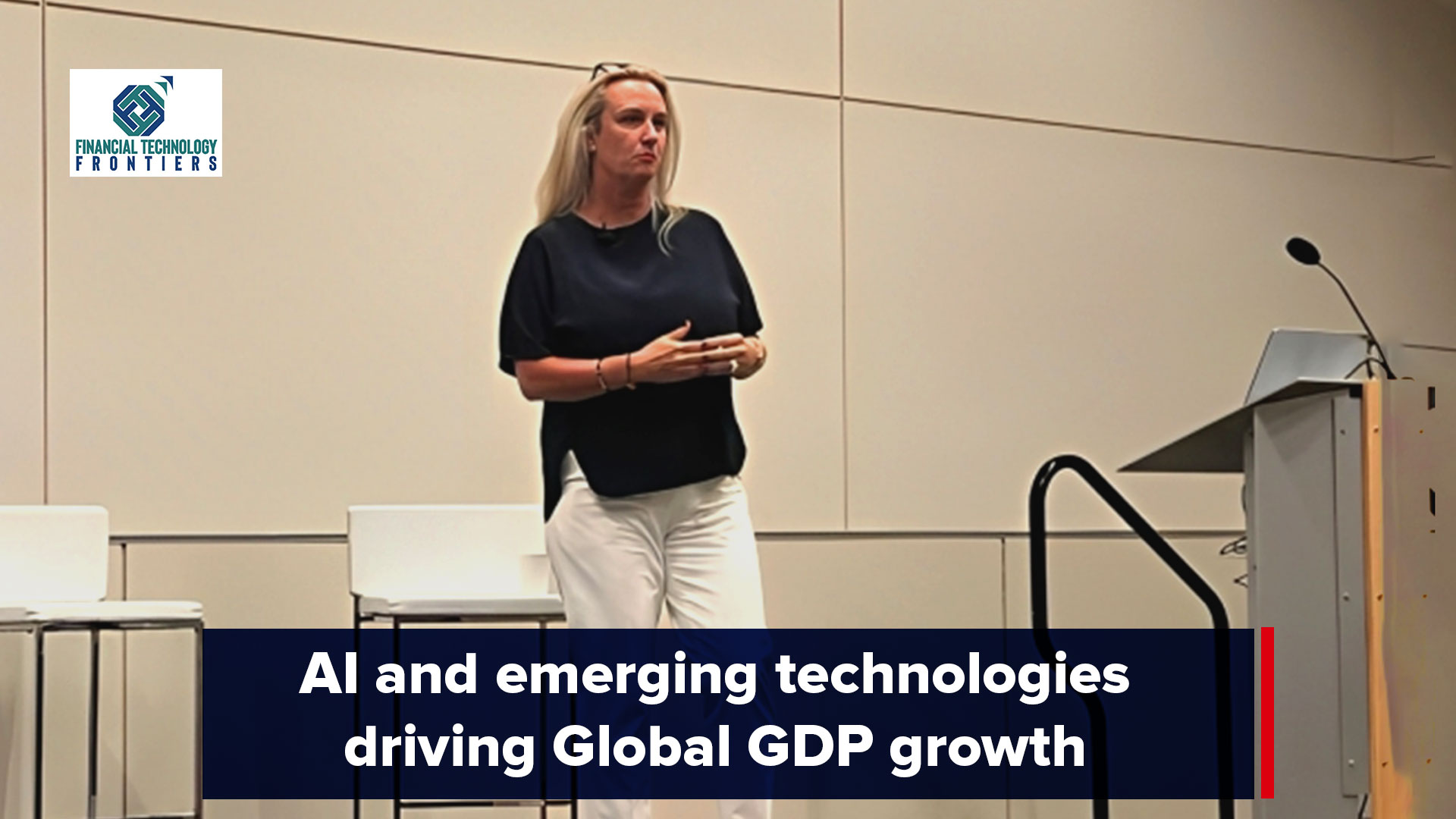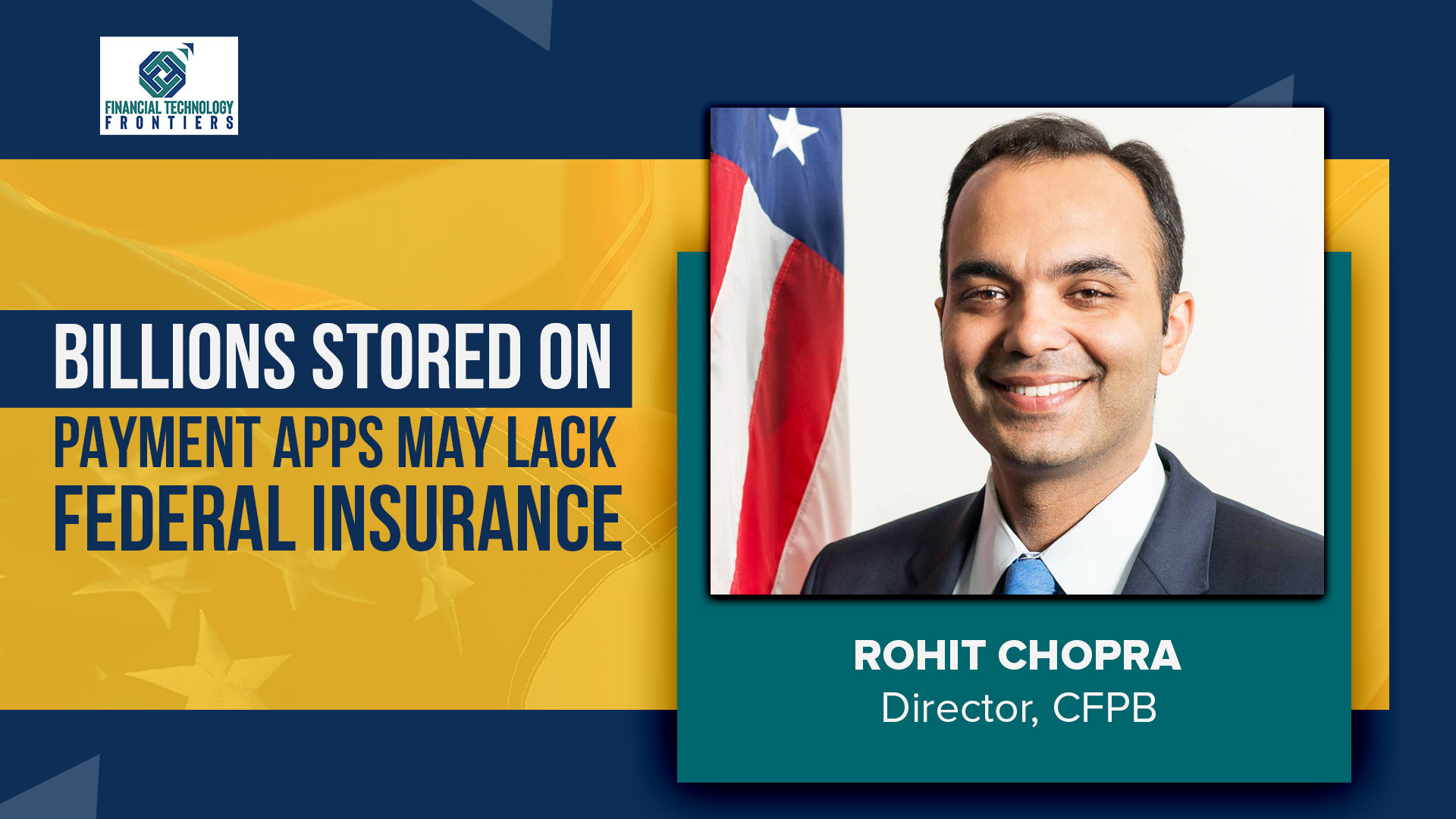 During the Day one of World Council of Credit Unions (WOCCU) event in Vancouver, Canada Jacqueline O’Flanagan of Microsoft provided compelling insights on the transformative role of AI and emerging technologies in driving global GDP growth and their impact.
During the Day one of World Council of Credit Unions (WOCCU) event in Vancouver, Canada Jacqueline O’Flanagan of Microsoft provided compelling insights on the transformative role of AI and emerging technologies in driving global GDP growth and their impact.
Microsoft’s research estimates AI’s potential contribution to the economy at $7 to $10 trillion. McKinsey’s “Economic Potential of Generative AI” report expands on this, predicting a total annual AI economic impact of $25.6T, inclusive of $4.4T from new generative AI use cases. AI technologies could spur annual labor productivity growth of 0.2% to 3.3% and deliver an additional value of $340 billion annually to the banking sector.
Generative AI in the banking sector is enhancing customer service by boosting issue resolution by 14% per hour and increasing productivity up to 45%.
AI’s implementation in financial services encompasses customer interaction and internal operations. Customer-facing applications range from virtual agents to financial advice tools, while internal applications include intelligent document processing and claims handling. AI’s capabilities extend to behavior analysis, semantic search, and enhanced coding tasks.
Microsoft’s own reliance on Azure AI spans across various applications like Microsoft 365 Copilot, Bing, Microsoft Security Copilot, GitHub Copilot, Dynamics 365 Copilot, Nuance, and Power Platform Copilot, forming the AI orchestration-backed ‘copilot stack’. Microsoft emphasizes responsible AI usage, highlighted by its AI principles of Fairness, Reliability & Safety, Privacy & Security, Inclusiveness, Transparency, and Accountability.




